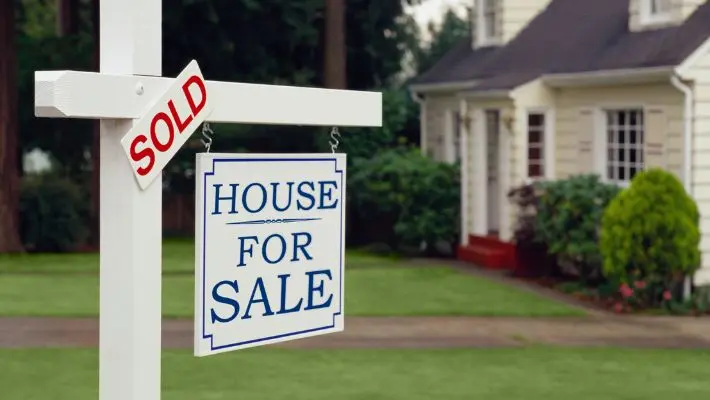
What Are Mortgage Points?
As you prep to finance the purchase of your home, you must know about mortgage points. Learn what they are, how they work, and what you can do with both.
As you prepare to take out a mortgage loan to finance the purchase of your future home, you have a lot to consider as you search for the right lender for you and your specific needs.
There are plenty of key terms and definitions to be aware of in the mortgage world, including mortgage points. Knowing the two types of mortgage points, their differences, and what to consider for both is key when searching for a lender.
Here’s how you can get a deeper understanding.
So, What Exactly Are Mortgage Points?
When you’re taking out a mortgage loan, you’re gearing up not only for the purchase of your future home, but also for the inevitable interest payment on the loan itself. You’ll also need to work with a lender, who you’ll need to shop around for and compare against others to ensure you’re getting the best deal and right fit for your needs.
There are two types of mortgage points: discount points and origination points. Each offers its own benefits as well as tradeoffs depending on which one you choose.
Discount Points, Explained
Discount points tend to be the most enticing type of mortgage points to homebuyers. For this type of mortgage points, the borrower of the mortgage loan can purchase a discount point for a price of 1% of the total mortgage amount.

For example, if a borrower is taking out a $450,000 mortgage, one discount point would cost them $4,500. But you’re not getting some sort of workaround payment plan, you’re actually paying your interest on your mortgage loan ahead of time.
When you purchase discount points, you reduce the interest rate of your loan. This can vary, but is typically 0.25% per point purchased. You can purchase anywhere as little as a fraction of a point to three or four points; this maximum is determined by your mortgage lender, as well as federal limits on the total closing costs a borrower can pay.
Lastly, you can expect your lender to include the amount of discount points you’ve determined to purchase in your closing costs when the sale of the home is finalized.
Are Discount Points the Best Fit for Me?
Discount points can be incredibly beneficial for a homebuyer. By purchasing discount points, you’re reducing the interest rate of your mortgage loan; thus, you’re lowering your monthly payment. This can help save you money in the long run.
Still, it’s important to remember the purchase of discount points must be paid upfront. If you’re on the lower end of the cash you have in-hand, it could make purchasing discount points hard to do.
What Are Origination Points?
In contrast to discount points, origination points differ in the fact they’re actually the fees you’re required to pay your lender. Origination points are charged by a lender for processing your loan.

Like discount points, origination points usually equal 0.5 to 1% of the total amount of the mortgage loan. You also pay your origination points as part of your closing costs; however, the similarities between the two types of mortgage points end there.
In this scenario, if a borrower is taking out a mortgage loan of $700,000, the lender can charge them origination points ranging from $3,500 to $7,000. The payment applied to origination points doesn’t knock anything off your loan — it’s a mandatory fee you pay to your lender to cover the cost of things like processing and underwriting the loan.
How Do Lenders Determine Origination Points?
Not all lenders charge origination points, though it is exceedingly common since it’s compensation for their services. It will vary from lender to lender, so when you’re comparing where to borrow from, factor this into your considerations.
Some lenders will advertise mortgage loans without origination points, also called a “no-origination fee mortgage” or a “no-fee mortgage”. While this may be enticing at first glance, there are factors to carefully consider before opting for this mortgage.
Is a No-Origination Points Mortgage Right for Me?
If you’re looking to shave down parts of your closing costs, a no-fee mortgage could be a good option. However, you’ll want to review the fine print as closely as possible: lenders may make up the difference with higher interest rates or other fees that aren’t labeled “origination”.
Is it Even Possible to Reduce the Origination Points I’d Have to Pay?
If you’re a homebuyer with strong financials in the form of a 20% down payment and a solid credit score, you may be able to negotiate the amount of origination fees you have to pay. Because you’re coming to the table as an ideal mortgage loan candidate, it may be worth negotiating with your lender.
The mortgage process is stressful enough, so let us take the guesswork out of finding the perfect agent for you. Use RealEstateAgents.com, you can get connected with a top agent in your area today!






